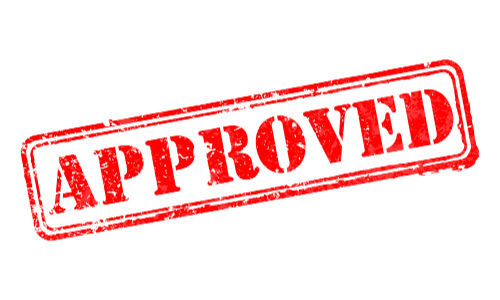Crypto businesses have yet to be fully accepted by the financial market, despite the hype that surrounds the industry. One vital organization that is key in this process has seen its membership soar.
The crypto business comes with a standard warning attached: cryptocurrencies are said to be tailor-made for money laundering purposes. This warning is one of the reasons why banks have been cautious in their dealing with the fledgling industry. But crypto-firms, much like for instance independent wealth managers, can join self-regulatory organizations (SROs) to enhance the standing.
As a member of such an organization, companies are subject to having their compliance with money-laundering laws vetted. This enables them to get a seal of approval from the regulator (Finma).
Membership in SRO
It comes as little surprise then that membership in an SRO is popular with crypto-firms. The Financial Services Standards Association (VQF) says that 7 percent of its membership already has a connection to the crypto-business – 88 members to be precise, according to Simon Waelti, one of the organization’s co-CEOs.
«The figure is a current snapshot that may come to vary over the course of the year,» Waelti told finews.com in an interview.
Absence of Blockchain Law
VQF is Switzerland’s biggest SRO and is as such representative for the business as a whole. The new industry is forced to seek its place in established structures of the financial market in Switzerland, because unlike Liechtenstein, it has no explicit law regulating the blockchain industry.
Joining an SRO such as VQF is an easy enough way to achieve a sense of trustworthiness. Bitcoin Suisse for instance, the pioneer in the Swiss crypto business, became a member in 2014 – it claims to have been the first to this step of its kind.
Alternative Routes
Some crypto-firms have gone a step further and have applied for a banking license issued by Finma. Others have sought to get a license as a securities broker.




































